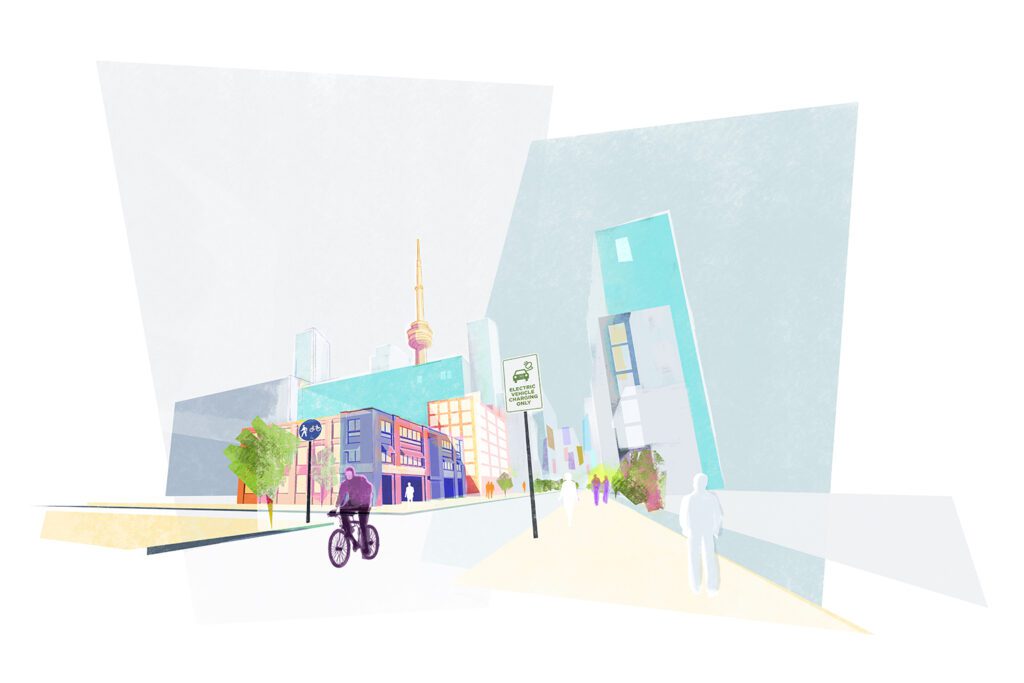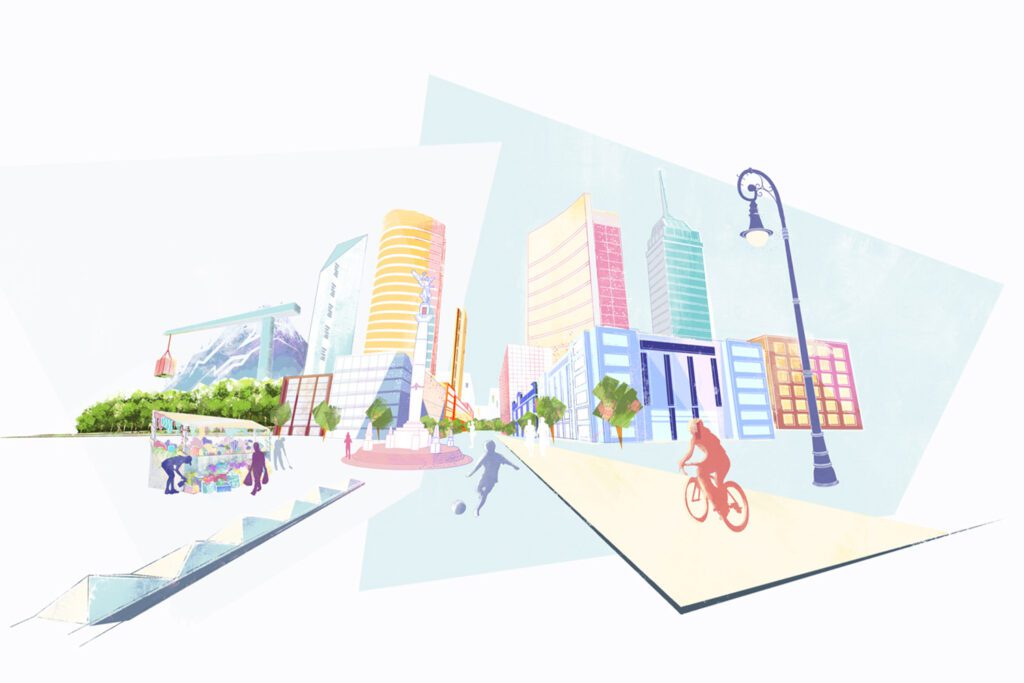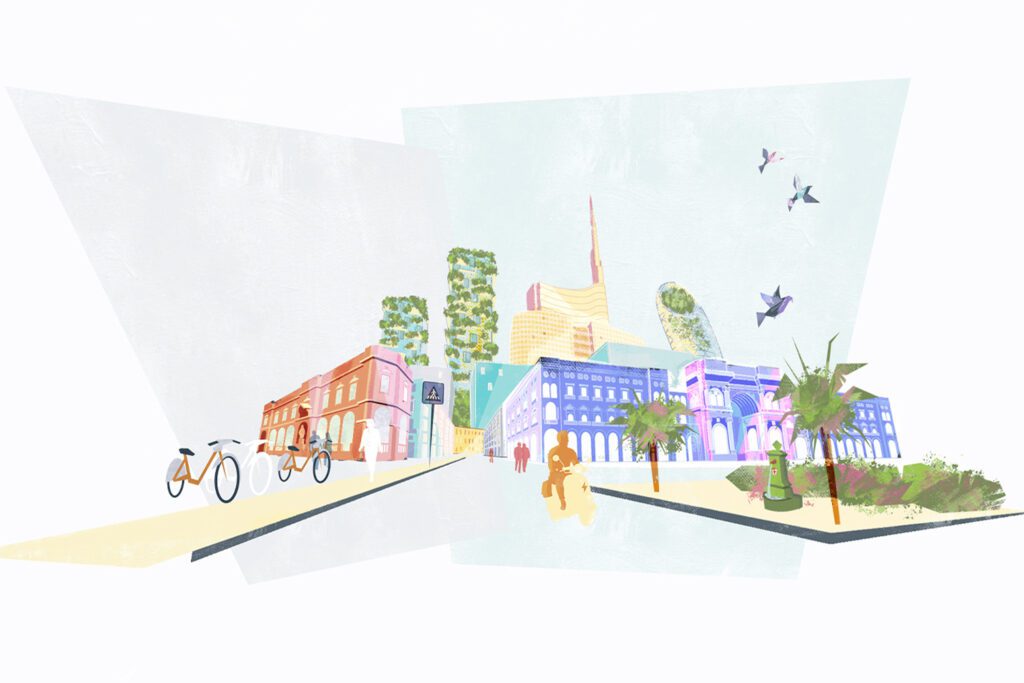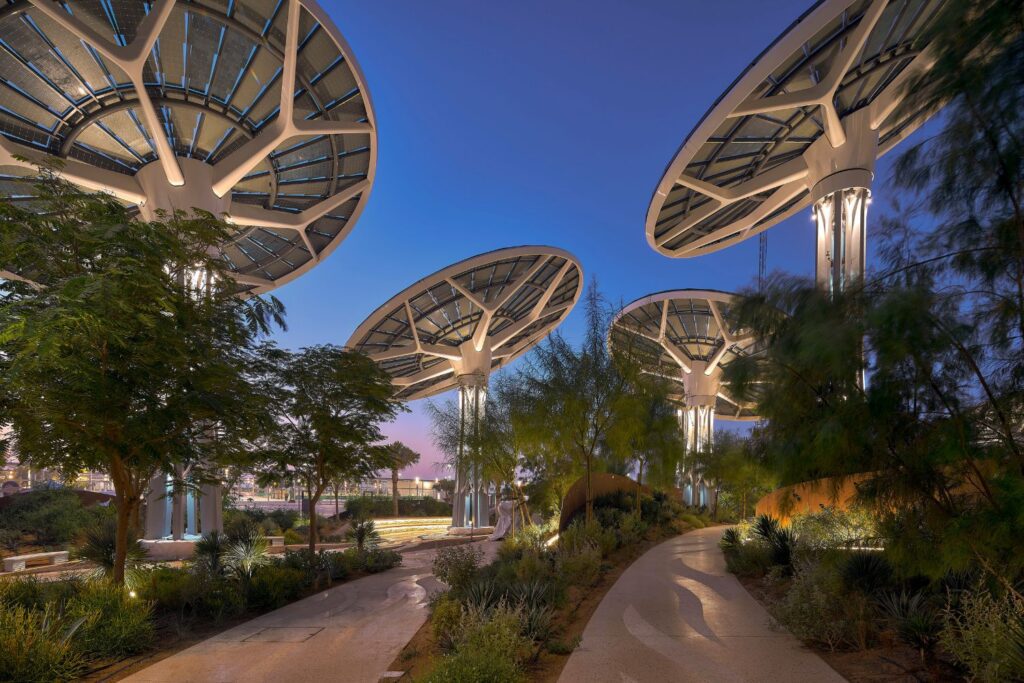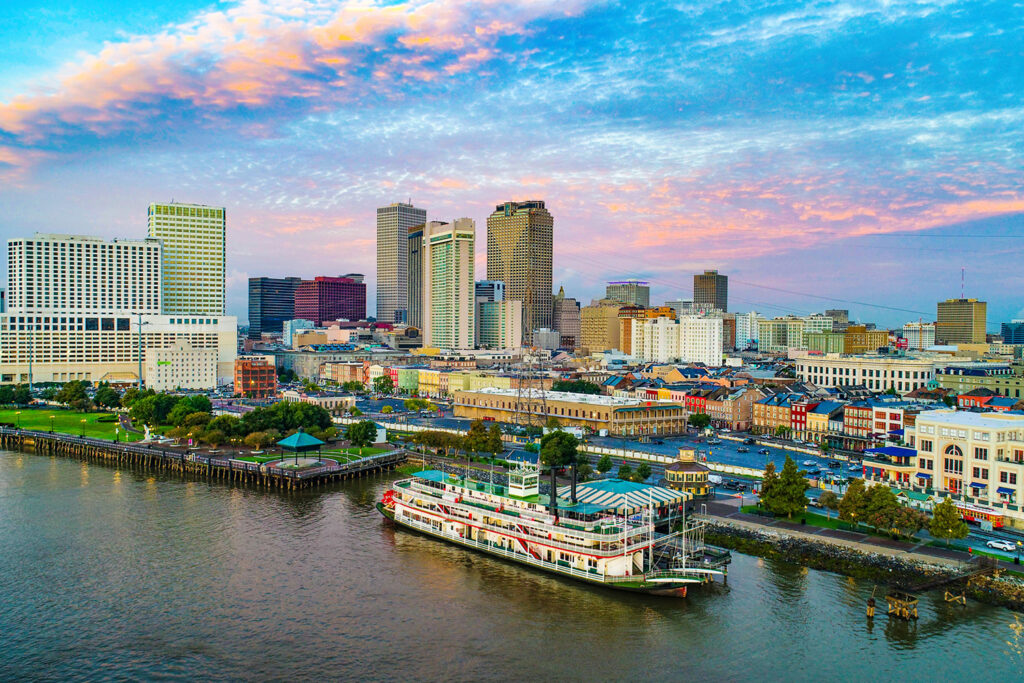Ekurhuleni transitions to Clean Construction
The fifth city explored in the Buro Happold and C40 Cities series of Clean Construction deep dives is Ekurhuleni in South Africa. They support cities in implementing more ambitious actions to achieve net zero construction and address wider social, economic and environmental issues.
Clean Construction in our cities
The built environment is critical to addressing the climate and biodiversity emergency. Almost 40% of global energy-related greenhouse gas emissions are attributable to buildings and construction, so the AEC industry has a huge role to play in bringing about positive environmental change.
As a result, C40 Cities launched its global Clean Construction Programme in 2019. The programme supports cities to mitigate the impact of construction, strengthen resilience to climate risks, and facilitate dialogue within the industry.
“C40 is a network of nearly 100 mayors from the world’s leading cities who are working to confront the climate crisis and create a future where everyone, everywhere can thrive. Mayors of C40 cities are committed to using a science-based and people-focused approach to help the world limit global heating to 1.5 ̊C and build healthy, equitable and resilient communities.”
C40 Cities
This is being achieved through a Global Green New Deal, which involves city mayors working alongside a broad coalition of representatives from the business sector, those working in construction, the youth climate movement and civil society.
Our series of city deep dives take this one step further. The reports provide local, actionable advice to help city leaders make the case for Clean Construction. They also offer guidance for other cities around the world. The Ekurhuleni deep dive is the fifth report in the series.
Buro Happold and C40 have recommended seven polices to achieve to support Clean Construction in Ekurhuleni, building upon existing skills and action in the city. The policies build on the city’s strong informal waste management, encourage the use of reclaimed and recycled building materials, and leverage the city’s manufacturing base to pioneer low carbon materials.

Ekurhuleni’s construction landscape
Ekurhuleni is a sprawling, dynamic and industrial city. Formed in 2000, Ekurhuleni is one of three metropolitan municipalities in Gauteng Province, located next to South Africa’s economic capital, the City of Johannesburg, and the political capital, Tshwane City. The city is one of the most densely populated areas in South Africa.
Ekurhuleni is known as “Africa’s workshop” and South Africa’s transport hub. Its economic sectors are varied; they include manufacturing, finance, trade, transport, construction, electricity and mining. This demonstrate the city’s capacity to work with locally produced materials, services and equipment in order to develop flagship projects with positive regional and national impacts.
The South African construction industry employs over 1.3 million people. The Gauteng Province has the largest number of construction workers nationally, with approximately 339,000 construction workers employed in 2021.
In addition, corruption is reportedly a widespread issue in Ekurhuleni’s construction sector, particularly in the granting of housing subsidies, the selection of contractors and the allocation of government-funded housing. As a result, unemployment, inequality, housing shortages and air pollution are key concerns for the city. In 2020, 31% of the population were living in poverty.
Ekurhuleni transitions to Clean Construction
Africa is one of the most vulnerable continents to climate change due to the number of stresses it faces and its low adaptive capacity. If unaddressed, Ekurhuleni’s existing environmental challenges will intensify, such as air pollution from industries and mines, polluted rivers and wetlands, and biodiversity loss due to urbanisation.
To mitigate this, Ekurhuleni has set ambitious climate action goals, and is part of multiple national and international working groups focused on delivering bold climate action. For example, Ekurhuleni’s holistic approach to scaling up renewable energy was highlighted in the South African Pavilion at COP26.
“I am honoured that our city is now a member of such an important international network of like-minded cities. We are proud of the ambitious climate action we have already undertaken in Ekurhuleni and look forward to participating in knowledge sharing between cities and further accelerating our own already-strong efforts.”
Mzwandile Masina, Executive Mayor of Ekurhuleni
A green and equitable future for Ekurhuleni
The city has developed a number of locally specific plans and commitments, such as the Ekurhuleni+ Challenge, which outlines a series of 2030 commitments. This includes a 30% clean energy mix and 50% reduction in solid waste sent to landfill. The city has also established a climate change sub-division and is in the process of developing a Green City Action Plan.
They have set out several ambitious targets and approaches to reducing operational carbon emissions in buildings and increasing retrofit and refurbishment over new build projects. The city is making investments into building new homes and infrastructure capacity, particularly around waste, as well as procuring 30% of building materials for large projects within a certain radius to support local industry.
Across Ekurhuleni, there is also a spirit of collective action and community engagement. This includes a strong culture of reuse and reclamation of unused materials, that acts as an informal circular economy. In the private sector, climate and environmental awareness is growing. This can be seen in the increasing adoption of green certifications like the US Green Building Council’s LEED and the IFC’s EDGE.

How does Clean Construction support Ekurhuleni?
Whilst most of the Clean Construction measures recommended by Buro Happold and C40 would be viable for Ekurhuleni, the research specifically identifies seven policy recommendations that have been tailored to the city’s construction landscape.
Ekurhuleni has numerous existing initiatives and urban characteristics that make it well-suited to transition towards a Clean Construction. Not only do these policy interventions support Ekurhuleni’s 2030 Challenge, but they also align with their goals to deliver low-cost housing, improve air and soil quality, and develop strong governance structures with local participation.
Given the wealth inequality across the city, these measures must be carefully designed to ensure that they are inclusive and equitable to all communities living in Ekurhuleni.
The seven policy recommendations are:
- Establish regular maintenance programmes to repair and retrofit existing buildings
- Use existing spaces to their maximum ability and repurpose assets for different uses
- Reuse (deconstructed) building materials in new buildings
- Build physical waste processing infrastructure, including material reuse facilities, recycling centres and local materials disposal routes
- Cultivate a flourishing local sustainable materials sector
- Collect and share data on clean construction initiatives and lessons learnt
- Develop clean construction training, guidelines and tools.
The recommendations outline the opportunity to leverage Ekurhuleni’s existing manufacturing industry to influence a transition to Clean Construction across the metropolitan area, as well as favourably position Ekurhuleni’s economy nationally.
Currently, there are few regulatory requirements that mandate or encourage Clean Construction activities. However, there is existing local manufacturing capacity, sector skills around waste sorting, and a widespread desire to deliver construction projects that improve local quality of life and increase employment.
All these factors support the implementation of our Clean Construction strategies across the city, such as using low carbon materials, reuse of existing building stock, improved waste management and increased recycling facilities.
Furthermore, C40 and Buro Happold are continuing to support the City of Ekurhuleni to address other challenges that have arisen due to climate change, such as job creation and the provision of resilient public services.
Maintaining, adapting and making full use of our existing buildings and materials is critical to reducing the impact of construction in our cities. Ekurhuleni is facing high levels of informality and wealth inequality, challenges around participation and governance, and poor housing standards and provision.
“It has been inspiring to work with Ekurhuleni to understand the vital role that the built environment can play in tackling these challenges. Through implementing Clean Construction measures, Ekurhuleni can leverage its existing skills, commitments and research, significantly reducing the city’s carbon emissions whilst also addressing social and economic injustices.”
Alex Couling, Graduate Sustainability Engineer, Buro Happold

A sustainable future for our cities, communities and planet
Buro Happold and C40 are working with five other cities around the world to make the case for Clean Construction. This work forms part of the C40 Clean Construction Declaration. These cities have committed to reducing the embodied emissions associated with the construction of buildings and infrastructure by 50% by 2030.
More information about Clean Construction can be found on the C40 Knowledge Hub.


